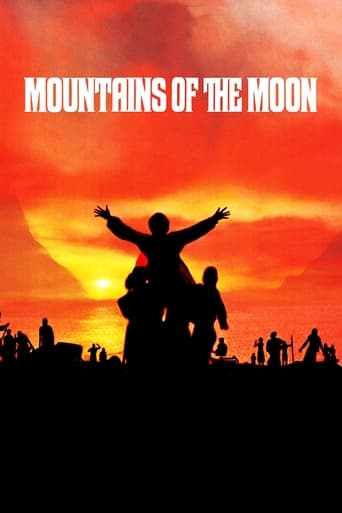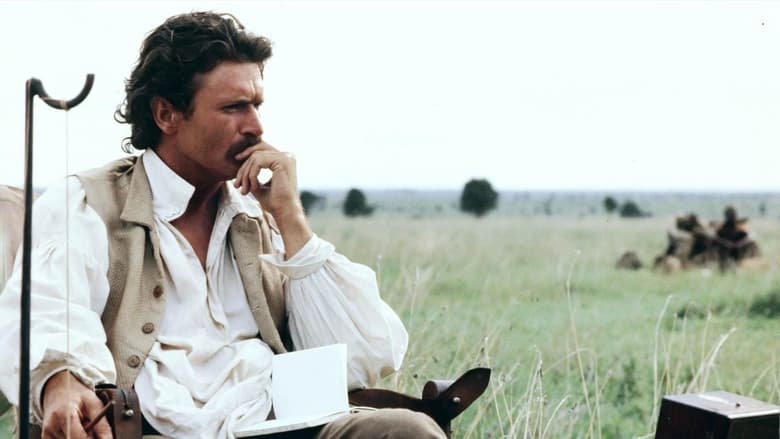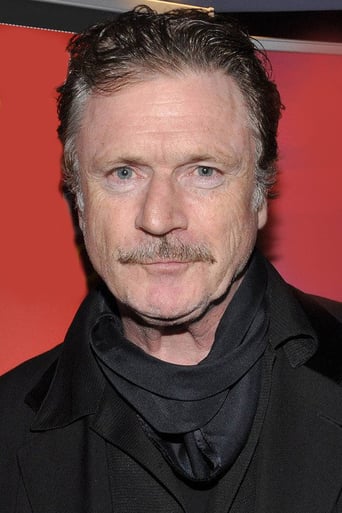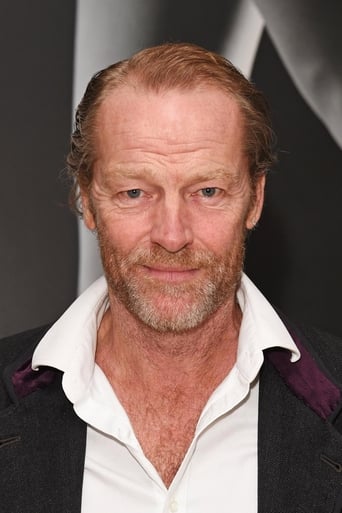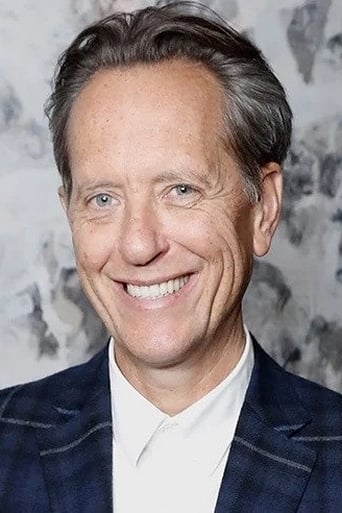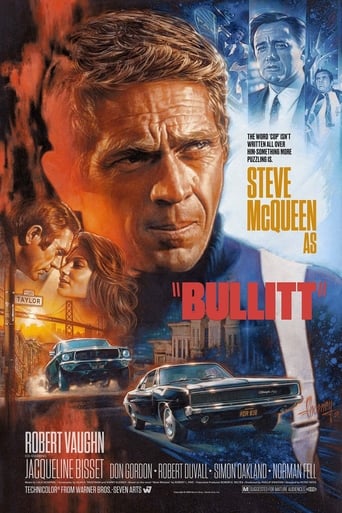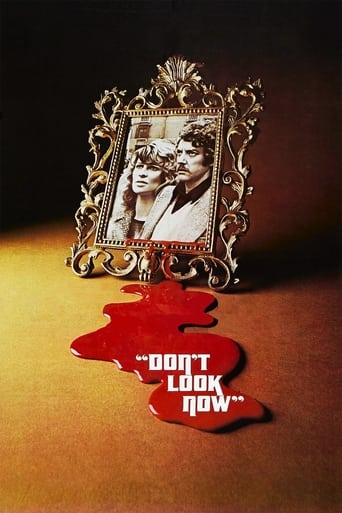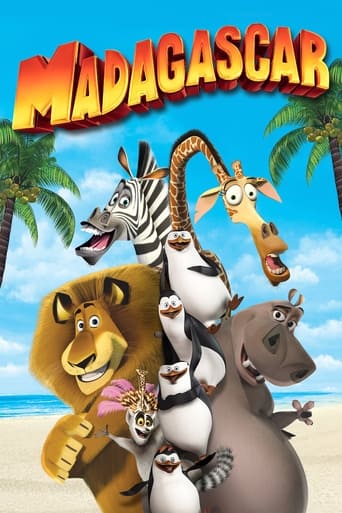Mountains of the Moon (1990)
The story of Captain Richard Francis Burton's and Lt. John Hanning Speke's expedition to find the source of the Nile river in the name of Queen Victoria's British Empire. The film tells the story of their meeting, their friendship emerging amidst hardship, and then dissolving after their journey.
Watch Trailer
Free Trial Channels
Cast


Similar titles
Reviews
Dreadfully Boring
This movie tries so hard to be funny, yet it falls flat every time. Just another example of recycled ideas repackaged with women in an attempt to appeal to a certain audience.
Unshakable, witty and deeply felt, the film will be paying emotional dividends for a long, long time.
The first must-see film of the year.
This tale's uniquely distinctive feature is its vivid portrayal of the life and environment of the natives and other tribes inhabiting, or trading in, central Africa during the 19th century.The film was shot by Roger Deakins, who has been nominated thirteen times for an Academy Award for his cinematography, and amazingly has never won. He must be the greatest living exponent of his art. He also had unusual early experience of filming African landscapes.This treatment of the story of Burton and Speke, and their search for the source of the Nile river, has left several viewers, including me, avidly wanting to know more about their relationship, whether Speke committed suicide in 1864, and the fundamental reasons for their apparent falling out. On balance, Burton is presented here as the wronged party, but other factual accounts seem to me to tend to favour Speke, because of Burton's difficult and eccentric personality. His wife, Isabel, was exceptionally devoted, and she is played here by Fiona Shaw, who resembles her strongly in appearance.There is little doubt that Burton was the more remarkable human being of the two, but the question remains open, and it appears that the credit for actually first establishing the source of the Nile must go to Speke. It was ultimately firmly confirmed by Stanley.There is a conflict between Speke's obsessive Victorian imperialism, and Burton's equally obsessive but more academic interest in the world's varieties of communication and ethnicity. Speke names his lake Victoria, but Burton names his lake Tanganyika. A fine film, but the actual facts are worth checking, even if they resolve nothing.
As with many other reviewers here, among my top choices for overall quality of screenplay acting, and cinematography, and reasonable historical accuracy, in a historically important, extremely difficult expedition, in which the existence of both lakes Tanganyika and Victoria were sighted for the first time by modern Europeans, although rumored since ancient times to exist. As dramatized, later, Burton, who was too ill to accompany Speke on the trek that resulted in an all too brief sighting of Lake Victoria, justly questioned Speke's claim, based on flimsy evidence, that Lake Victoria must be the main source of the White Nile. The screenplay fails to mention that Speke led a subsequent expedition, in which he much more fully explored the region around Lake Victoria, and returned by way of the Nile. Nonetheless, he again failed to provide incontestable proof that Lake Victoria was the main source of the White Nile. Burton was sore that he was passed over to lead this expedition, and continued to harass Speke about the deficiencies in his evidence. The film makes it appear that Speke plotted to kill himself with his hunting rifle the day before a public debate with Burton. Although the circumstantial evidence would seem strong for this conclusion, most contemporaries chose to call it an accident.I think Burton is falsely characterized as being Irish because this helps accentuate the otherwise historically true perception that, despite his amazing variety of talents, Burton was not a respectable upper class Englishman, such as Speke emulated, thus was discriminated against in acknowledging the accomplishments of their joint expedition.Along with an interlude between their two journeys, the last portion of the film takes place in England, enlivened by a combination of frivolous frolicking, controversies, and renewed romance, on the part of Burton.It's not specified that Somalia warriors were responsible for the night attack that nearly killed both Burton and Speke, in their failed first expedition. Next time, they started from the much more hospitable Zanzibar. Quite crucial to the survival of both men and the relative success of the expedition were their two guides: Sidi Bombay and Mabruki, who would be rewarded by being chosen for several additional expeditions into central Africa, including those of Stanley. They were the Kit Carson and Jim Bridger-equivalents to Fremont's expeditions across the American West.Actually, a merchant in classical Greek times claimed to have discovered the source of the White Nile, claiming it arose in a chain of high snow-covered mountains that emptied into a series of large lakes in central Africa. He said the natives called them the Mountains of the Moon, because of their white snow-capped summits: presumably the Ruwenzoris, which Burton and Speke never reached. The latter mountains do contribute some headwaters to the Nile.Although the Royal Geographical Society eventually was persuaded by Speke's incomplete evidence that Lake Victoria was the apparent main source of the White Nile, Burton and Livingston continued to promote Lake Tanganyika, which eventually was found, by Stanley, to be a minor source of water for the Congo River.The film takes the traditional view, promoted by the much longer surviving Burton, that Speke was a much more narrowly focused and talented person, and was sexually and generally emotionally repressed. However, the rather recent book "Explorers of the Nile", makes use of some previously ignored literary sources by or relating to Speke to cast his personality in a more favorable light.
I don't think I see, anywhere, in comments about the historical accuracy of this movie, the glaring error: Sir Richard Francis Burton was most certainly NOT Irish and would not have spoken in an Irish accent. For me this really undermines things. Why do all the work and effort, just to get something so elementary wrong from the go-get? Of course, since my initial interest in this great character is from Mark Hodder's epic "Burton and Swinburne" adventures, in which Burton inhabits a steam-punked Victorian world of genetically modified people, clockwork men and so much more, I have little claim for accuracy maybe. Except to say since this film purports to give an account of the man, misidentifying his very nationality seems like shoddy work. OH MY-Now Oliphant just stated Speke is English and Burton is not....WHAT is going on here?!Not good enough, sorry.
A fine adventure film from the 1990, in the epic movie tradition, based on Richard Burton's and John Speke's exploration of East Africa in the mid 19th century and their discovery of the source of the river Nile and the mountains of the title. The role of Burton was played by Patrick Bergin, an mustachioed Irish actor, who was cast in masculine roles and who seemed to become an important star in those days (he costarred with Julia Roberts in Sleeping with the Enemy), though he finally never achieved a big breakthrough. Speke was portrayed by Iain Glen, while the role of Burton's wife went to Fiona Shaw. In a great scene, they are captured and held hostage by an African chieftain, who is played as a spoiled, barbaric and cruel tyrant. Even if such portrayal was historically true, such scene would probably not be filmed today because of political correctness. Bob Rafelson directed. Filmed in England and in Kenya, the outdoor scenes are a big plus.

